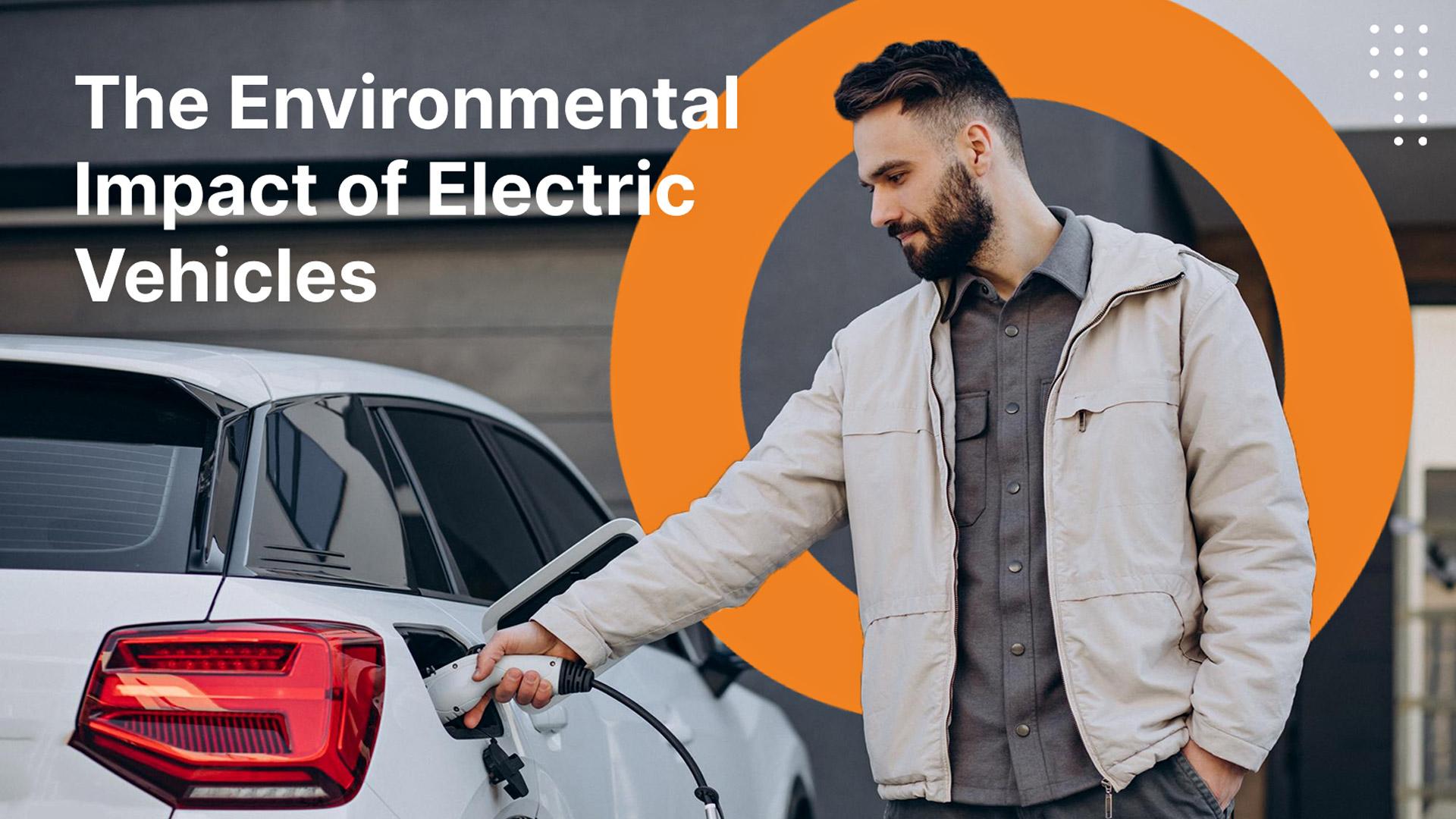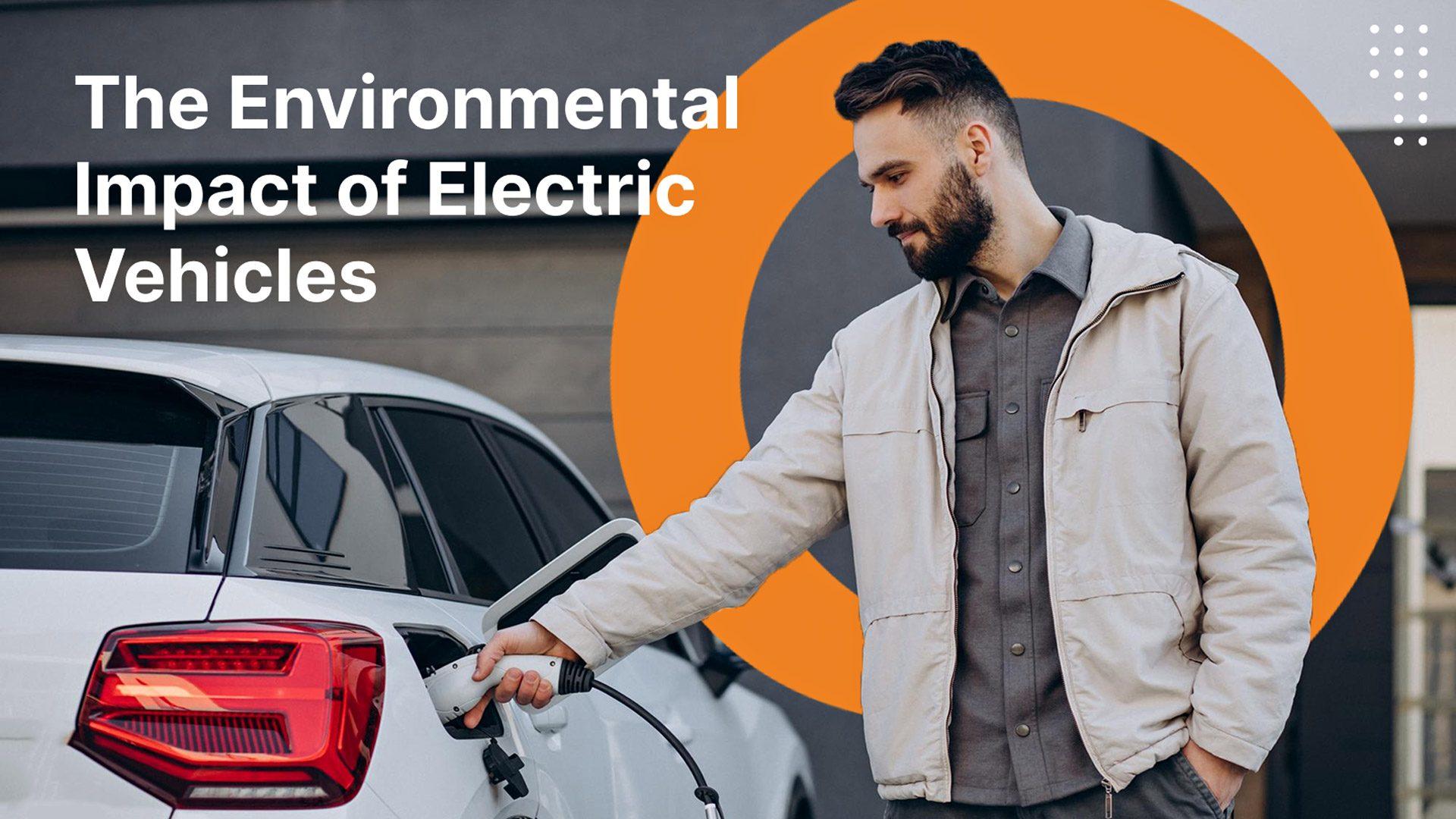
In our current era, marked by heightened concerns about climate change, the integration of electric vehicles (EVs) stands out as a promising solution to mitigate the environmental footprint of traditional gasoline-powered cars.
As the automotive industry undergoes a shift toward sustainability, understanding how EVs contribute to an eco-friendlier planet becomes increasingly crucial. In this article, QuickCharge will explore how EVs can reduce environmental impact.
Table of Contents
1.Curtailing Greenhouse Gas Emissions
One of the standout environmental benefits of EVs is their significantly lower greenhouse gas emissions compared to traditional internal combustion engine vehicles. Operating with zero tailpipe emissions, EVs eliminate the release of harmful pollutants such as carbon monoxide, nitrogen oxides, and particulate matter during their operation.
This reduction in greenhouse gas emissions is especially pronounced in regions like Singapore, where a growing portion of electricity generation stems from renewable sources such as wind, solar, or hydroelectric power. The gradual clean-up of the electricity grid directly translates into a decreasing overall carbon footprint of electric vehicles.
2. Enhancing Energy Efficiency and Resource Conservation
Say goodbye to energy wastage and hello to the electric revolution! While traditional engines sluggishly chug along at a measly 20% efficiency, electric vehicles zoom past, boasting efficiencies that soar beyond 90%! Picture this: less energy wasted as heat during operation, making your EV not just a mode of transportation but a sleek, energy-saving marvel on wheels!
EVs aren’t just energy-efficient speedsters; they’re champions of operational efficiency too! While traditional vehicles guzzle energy in the production and refining of gasoline, leaving a hefty environmental toll, EVs step lightly with a smaller manufacturing footprint. And the excitement doesn’t stop there; with continuous advancements in battery tech and recycling methods, the overall impact of crafting electric vehicles is on a thrilling path of constant reduction.
3. EV Chargers: Powering the Green Revolution in Singapore
At the beating heart of the electric vehicle revolution lies the unsung hero: EV chargers. Ensuring these charging havens are widespread and accessible isn’t just a task; it’s a mission critical to unleashing the full potential of electric vehicles. This emphasis on a robust charging infrastructure not only addresses range anxiety but also underscores the convenience and practicality of electric mobility in Singapore and beyond.
EV chargers play a pivotal role in reducing the carbon footprint of electric vehicles. With the stage set for ongoing technological marvels, from lightning-fast charging stations to the integration of smart grids, the overall efficiency and environmental benefits of EVs will be continually accentuated.
Ready to join the revolution towards a greener Singapore? Discover our diverse selection of budget-friendly, dependable chargers to energize your ride.
Browse our product center for the perfect companion on your electric journey.
4. Improving Urban Air Quality
5. Shaping Sustainable Transportation for Singapore
Electric vehicles aren’t just paving the way for a green future; they’re orchestrating an environmental symphony that resonates throughout the entire transportation ecosystem. The integration of renewable energy sources to power EVs aligns seamlessly with Singapore’s commitment to cleaner energy and a reduced dependence on fossil fuels.
Moreover, the ascent of shared mobility services and the development of electric public transportation contribute significantly to a more sustainable and efficient transportation system in Singapore. EVs play an instrumental role in shaping the future of mobility towards a cleaner, greener, and more sustainable paradigm in the Lion City.
Conclusion
As electric vehicles gain increasing prominence on our roads, their positive environmental impact continues to grow. From the reduction of greenhouse gas emissions to the improvement of air quality and the fostering of energy efficiency, electric vehicles represent a pivotal element in the transition towards a more sustainable and environmentally conscious future.
Individuals, businesses, and policymakers each play an essential role in expediting the adoption of electric vehicles and supporting the development of a robust charging infrastructure, especially in Singapore. By embracing electric mobility and investing in widespread EV chargers, we are collectively contributing to a greener planet and paving the way for a cleaner and more sustainable future.
